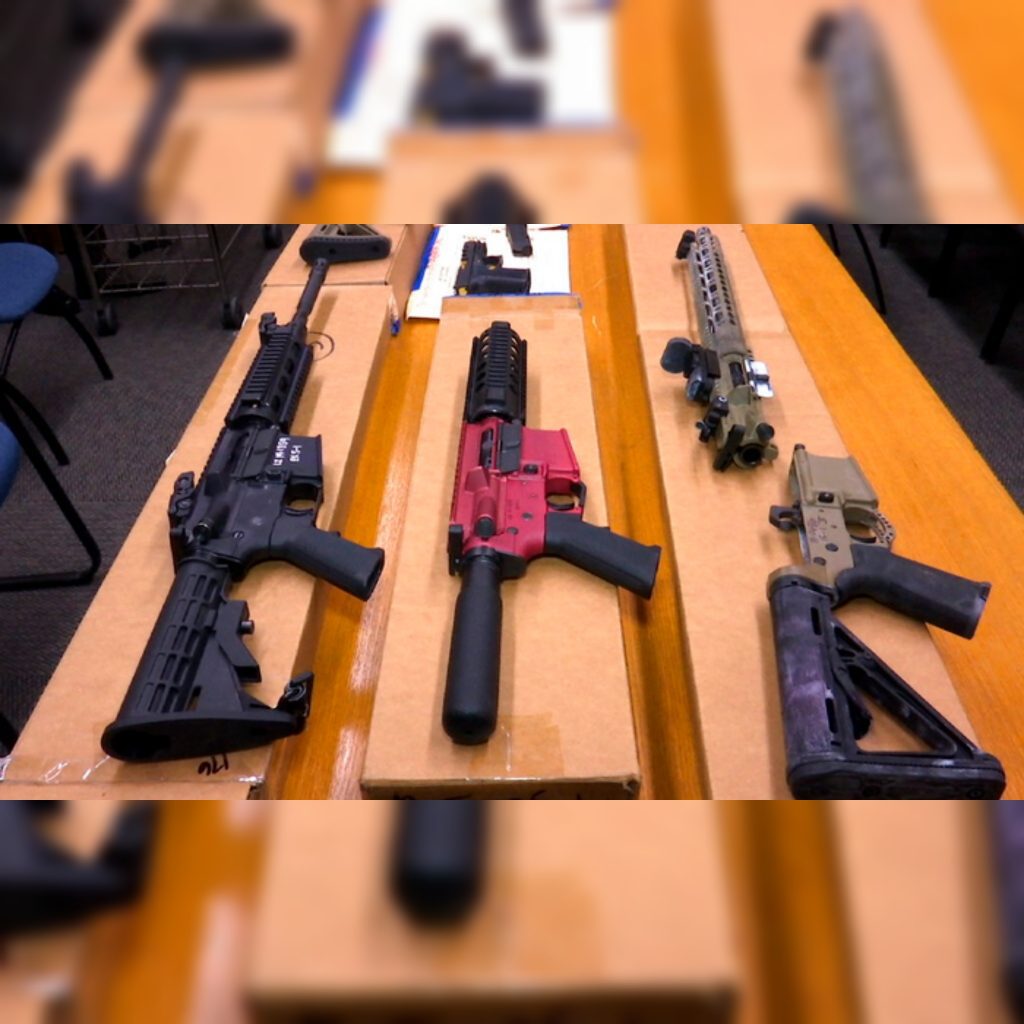HONOLULU – Hawaii Attorney General Clare E. Connors today announced she joined a coalition of 19 Attorneys General urging the U.S. District Court for the Southern District of New York to compel the Bureau of Alcohol, Tobacco, Firearms and Explosives (ATF) to properly regulate untraceable partially-assembled “ghost guns.” In an amicus brief filed in Syracuse v. ATF, the coalition asserts that the ATF must correct its 2015 interpretation of the Gun Control Act (GCA). The Attorneys General argue that ATF’s improper reading of the GCA effectively gave the green light for unlicensed online retailers to sell nearly-complete firearms that can easily be converted into fully-functioning weapons. They further argue that these ghost guns endanger residents of amici states and impede law enforcement’s ability to investigate and prosecute criminal activity.
“The Gun Control Act clearly applies to ghost guns,” said Attorney General Connors. “We urge the ATF to correct its position, which is contrary to the law and has allowed a proliferation of these untraceable weapons in our communities.”
From the 1980s through the early 2000s, ATF classified the core components of handguns and rifles—frames and receivers—as “firearms” subject to federal regulation if the components could be quickly and easily converted into functioning guns. In 2015, the ATF reversed course. Without offering any explanation for changing its position, ATF issued an interpretive rule stating that these rifle receivers and handgun frames were not considered firearms. As a result of this unlawful misinterpretation, an industry has sprung up in which unlicensed online retailers sell nearly-complete guns directly to consumers. These weapons, sometimes called ghost guns because they lack serial numbers and identifying marks, are untraceable and sold without background checks.
On August 26, 2020, Everytown for Gun Safety and four municipalities filed a suit against the ATF and the U.S. Department of Justice alleging that those agencies unlawfully concluded that ghost guns are not “firearms” under the GCA. In an amicus brief supporting the plaintiffs, the multistate coalition urges the court to force ATF to properly regulate ghost guns because:
•Ghost guns are prohibited by federal law: The GCA requires “firearms” to include serial numbers and purchasers of those weapons to pass a background check, among other requirements. Specifically, the statute defines “firearm” as “any weapon which will or is designed to or may readily be converted to expel a projective by the action of an explosive” or “the frame or receiver of any such weapon.” This clearly describes the nearly assembled guns these companies are selling, which are sold without background checks and not marked with serial numbers.
•Untraceable weapons threaten public safety: ATF’s unexplained interpretation emboldened the ghost gun industry and allowed it to rapidly expand across the country. Ghost guns were virtually absent from many jurisdictions prior to the adoption of the new interpretation. Now, according to a recent report, there are 80 online sellers of partially unfinished frames and receivers, and the increase in ghost gun sales is readily apparent on the local level. In the District of Columbia, prior to 2017, the Metropolitan Police Department had never recovered a ghost gun. In 2017, MPD recovered three such weapons. In 2018, that number rose to 25, and then nearly quintupled, to 116, in 2019. Three of the ghost guns recovered in 2019 were involved in murders. That trend has continued this year, and from January 1 to May 29, 2020, MPD recovered 106 ghost guns.
•Ghost gun dealers are using the ATF’s rule to mislead consumers: Companies that sell ghost guns have pointed to the ATF’s rule to claim their products are legal, disregarding numerous state laws that specifically ban the sale of these firearms.
Today’s brief was led by District of Columbia Attorney General Karl A. Racine and joined by the attorneys general of Connecticut, Colorado, Delaware, Illinois, Maryland, Michigan, Minnesota, New Jersey, New Mexico, New York, North Carolina, Oregon, Rhode Island, Vermont, Virginia, Washington, and Wisconsin.
A copy of the brief can be found here.
Should ATF to correct its position on ghost Guns? If so…
Should Ghost Guns be protected under the The Second Amendment?
Let us know in the comments below

